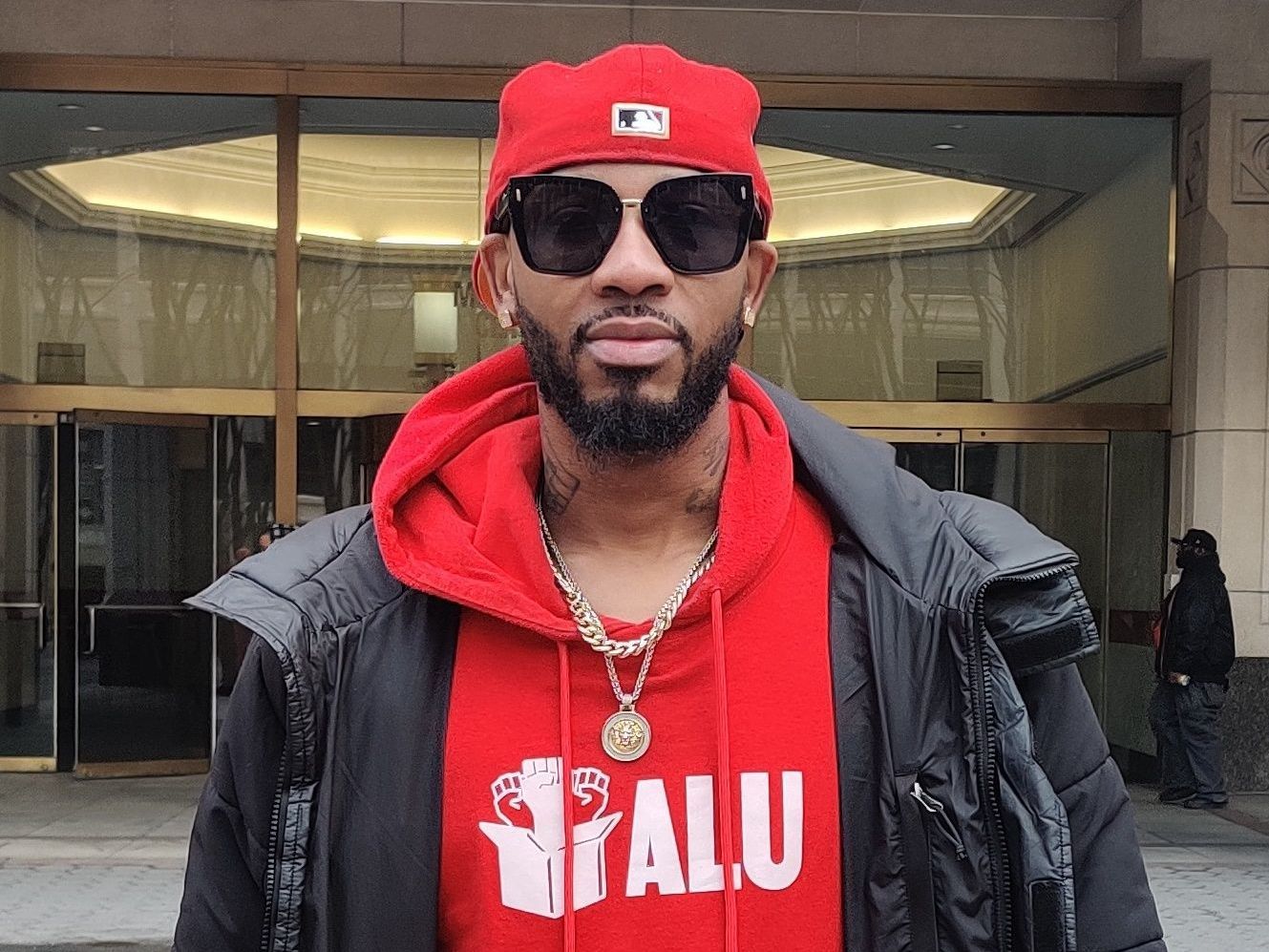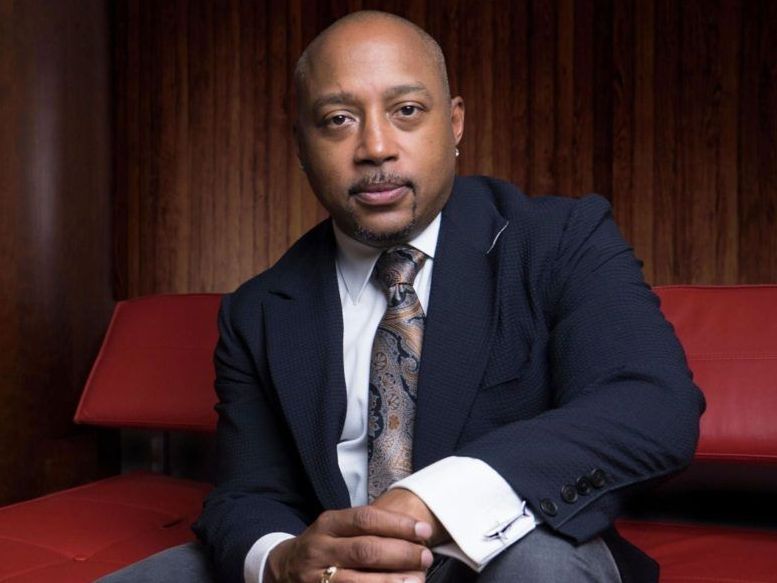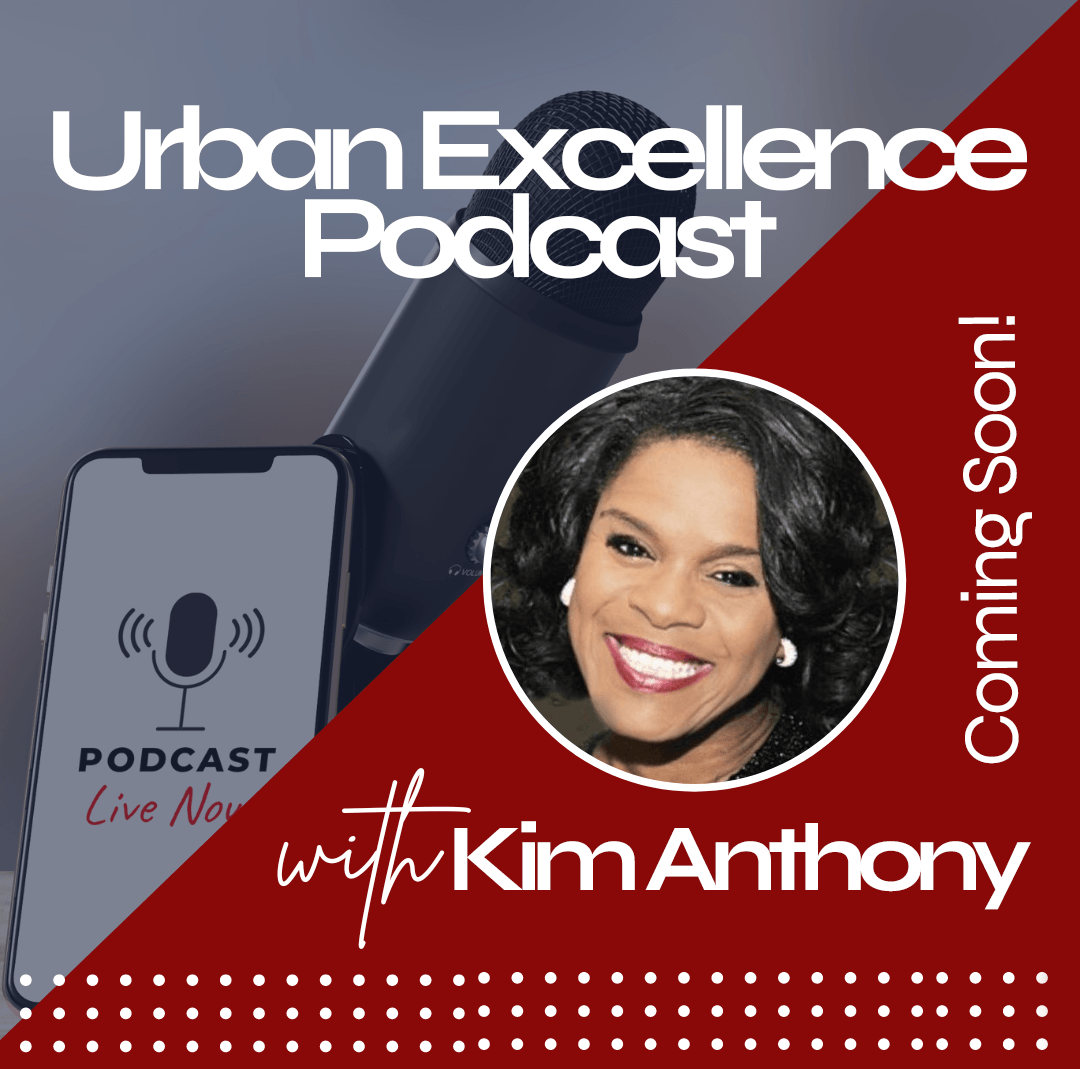Meet Nicholas Johnson - Princeton's First Black Valedictorian
Nicholas Johnson, an operations research and financial engineering concentrator from Montreal, has been named valedictorian of Princeton’s Class of 2020. Grace Sommers, a physics concentrator from Bridgewater, New Jersey, has been named the Latin salutatorian.
Nicholas Johnson
Johnson is the first black valedictorian in Princeton’s history.
He said he appreciates the encouragement he has received at Princeton in developing his academic interests. The University’s support through opportunities including international internships and cultural immersion trips to Peru, Hong Kong and the United Kingdom were especially significant, Johnson said. But most of all, he treasures his relationships with his classmates.
“My favorite memories of my time at Princeton are memories of time spent with close friends and classmates engaging in stimulating discussions — often late at night — about our beliefs, the cultures and environments in which we were raised, the state of the world, and how we plan on contributing positively to it in our own unique way,” Johnson said.
Johnson plans to spend this summer interning as a hybrid quantitative researcher and software developer at the D. E. Shaw Group before beginning Ph.D. studies in operations research at the Massachusetts Institute of Technology in fall 2020.
Along with his concentration in operations research and financial engineering, he is pursuing certificates in statistics and machine learning, applied and computational mathematics, and applications of computing.
His research has focused primarily on sequential decision-making under uncertainty, optimization, and the ethical considerations that must be made given the increasing role of algorithmic decision-making systems.
His senior thesis, “Sequential Stochastic Network Structure Optimization with Applications to Addressing Canada’s Obesity Epidemic,” focuses on developing high-performance, efficient algorithms to solve a network-based optimization problem that models a community-based preventative health intervention designed to curb the prevalence of obesity in Canada.
This work, supervised by Miklos Racz, assistant professor of operations research and financial engineering, also has applications to public health interventions designed to increase adherence to strict social distancing to curb the spread of COVID-19.
Johnson has another ongoing research project supervised by Yacine Ait-Sahalia, the Otto A. Hack ’03 Professor of Finance and professor of economics, in which he is developing a reinforcement learning agent to execute large financial trade orders with minimal market distortion.
During his junior year, Johnson conducted an independent research project, “Generating Privacy Preserving Synthetic Datasets,” supervised by Prateek Mittal, associate professor of electrical engineering, in which he developed a machine learning system to more robustly anonymize datasets than existing alternatives. He presented this work at the spring 2019 Electrical Engineering Symposium and the 2019 Center for Statistics and Machine Learning Symposium.
Among his other professors, William Massey, the Edwin S. Wilsey Professor of Operations Research and Financial Engineering, and Dannelle Gutarra Cordero, a lecturer in African American studies, were also influential.
“Professor Massey inspired me by sharing his ever-present love for operations research and through his advocacy for black and African American students in STEM fields,” Johnson said. “He encouraged me to pursue increasingly ambitious research projects and to share my work at academic conferences. Professor Gutarra introduced me to academic writing during my first-year Writing Seminar. She was instrumental in helping me develop my skills as an effective academic writer and communicator, and she motivated me to become a writing fellow.”
In addition to serving as a writing fellow at Princeton’s Writing Center, Johnson is editor of Tortoise: A Journal of Writing Pedagogy. He is a member of Whitman College, where he has served as a residential college adviser. He is also a member of the Princeton chapter of Engineers Without Borders and served as its co-president in 2018.
As a rising senior, Johnson worked as a software engineer in machine learning at Google’s California headquarters.
He previously interned at Oxford University’s Integrative Computational Biology and Machine Learning Group, developing and implementing a novel optimization technique under the supervision of Aleksandr Sahakyan, principal investigator and group head. He presented the project at Princeton’s inaugural Day of Optimization in October 2018 and at the 25th Conference of African American Researchers in the Mathematical Sciences in June 2019, where his project was recognized with the Angela E. Grant Poster Award for Best Modeling.
Johnson has interned at Montreal Institute for Learning Algorithms, and he participated in Whitman’s exchange program with Morningside College at the Chinese University of Hong Kong in March 2017.
Among his academic honors, Johnson is a recipient of the Class of 1883 English Prize for Freshmen in the School of Engineering, a two-time recipient of the Shapiro Prize for Academic Excellence, and co-recipient with Sommers of the Class of 1939 Princeton Scholar Award. He was elected to Phi Beta Kappa in fall 2019 and to Tau Beta Pi in 2018, where he served as president of the Princeton Chapter in 2019.
Johnson is a graduate of Selwyn House School and attended Marianopolis College, both in Westmount, Quebec.







